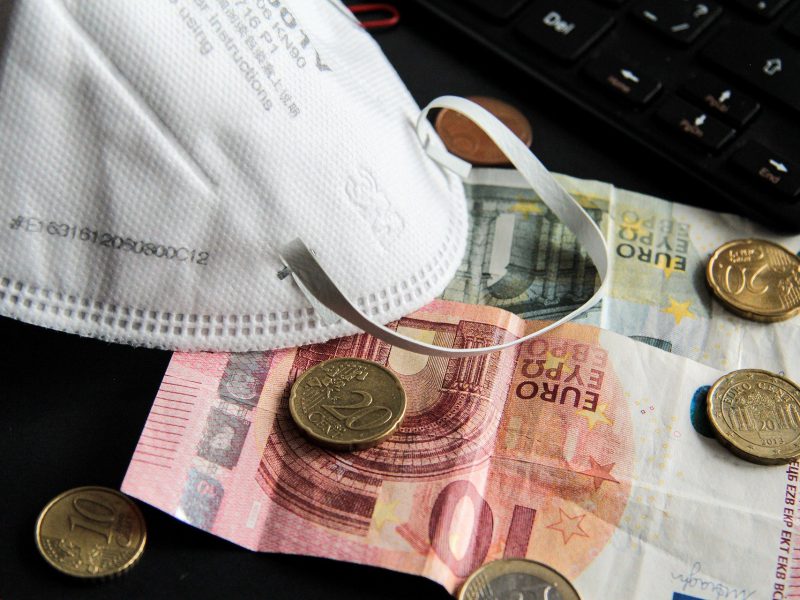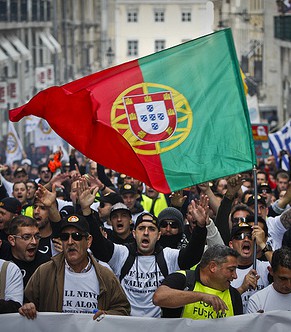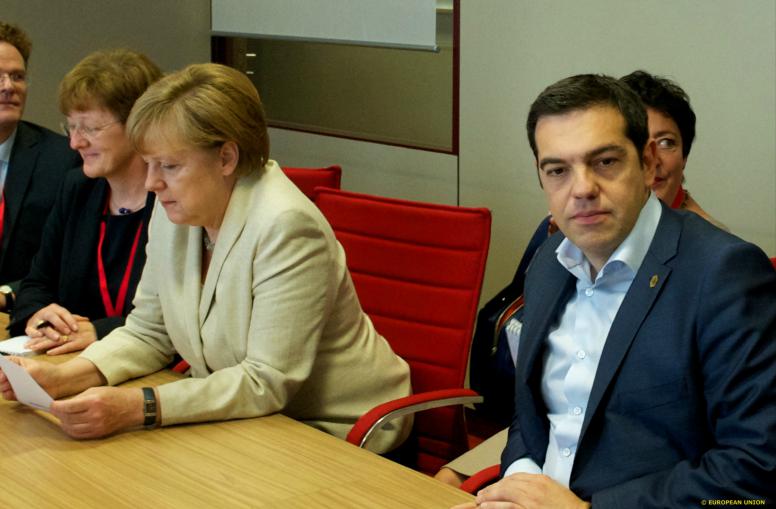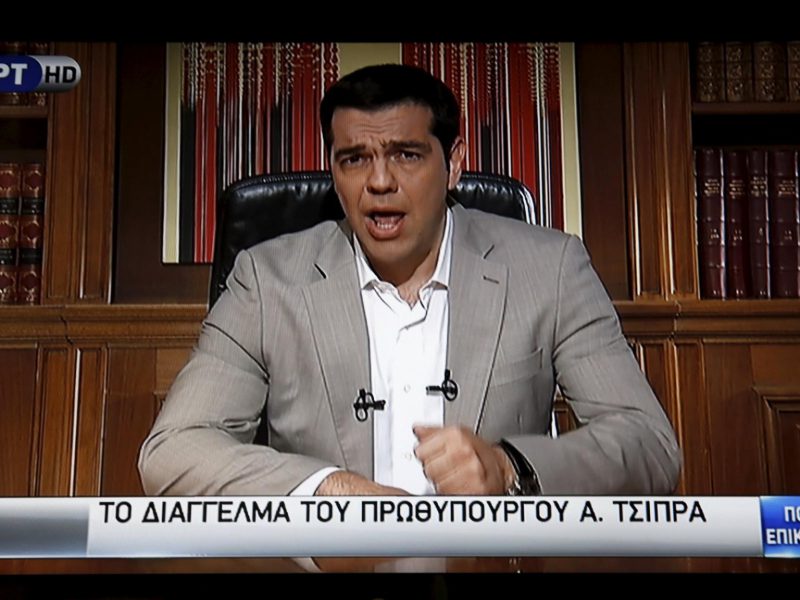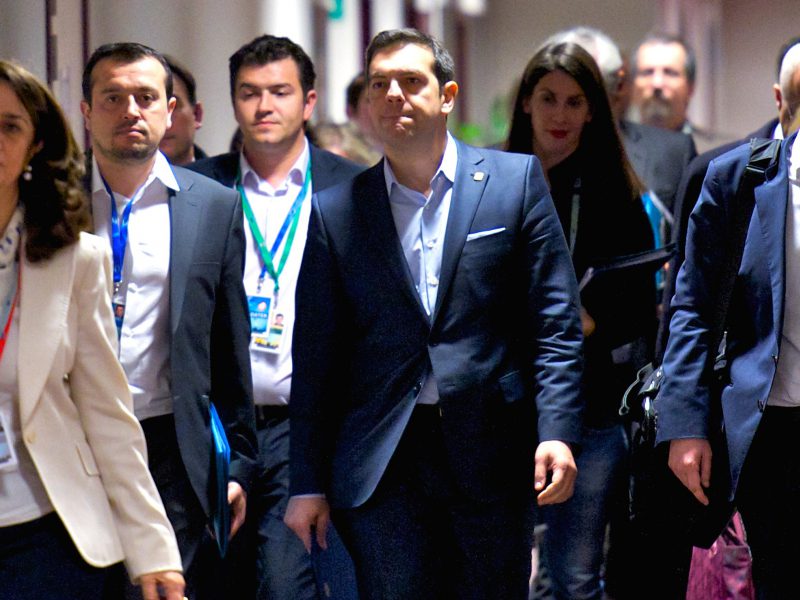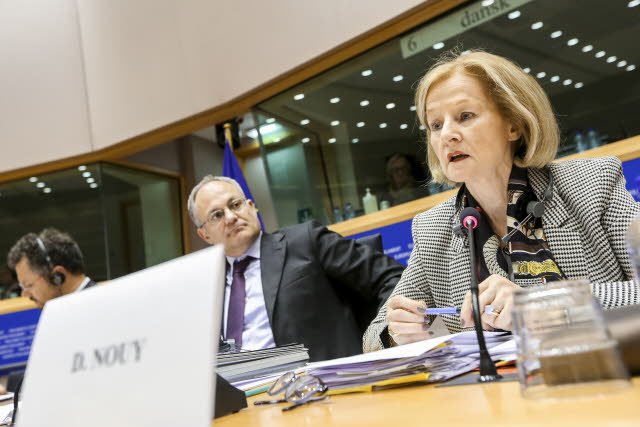Normal rules no longer apply: The Covid-19 crisis and prospects for Planet, People, Prosperity, and Peace
Over the past weeks the global patchwork of economic interactions has unravelled, with economic activity grinding to a near halt as consumer spending collapsed, businesses closed, financial markets imploded, and supply chains fractured. According to the International Monetary Fund’s (IMF) Managing Director, the world has entered into ‘a recession at least as bad as during…

